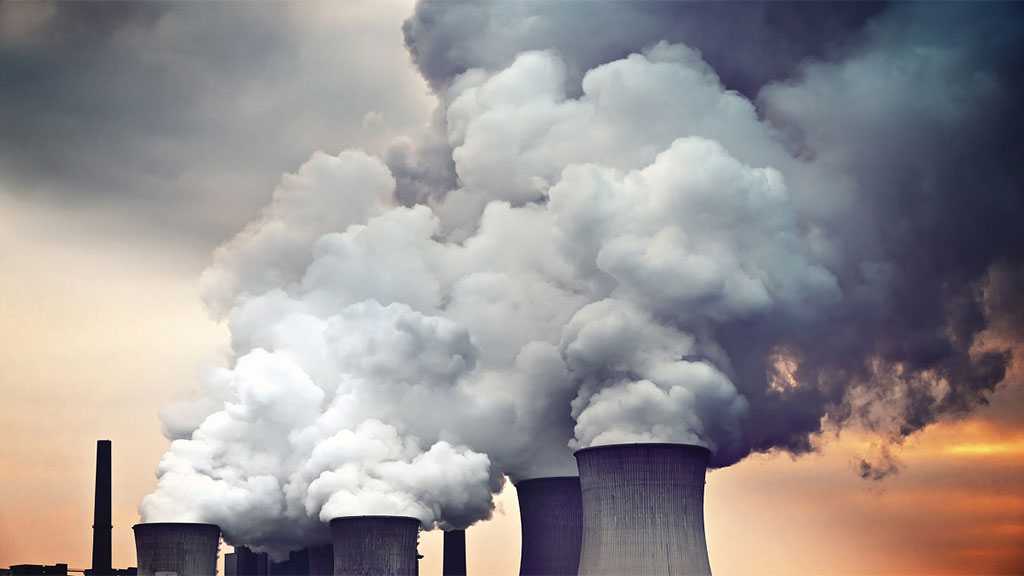Human-caused Major Climate Changes Inevitable, Irreversible

By Staff, Agencies
Human activity is changing the Earth’s climate in ways “unprecedented” in thousands or hundreds of thousands of years, with some of the changes now inevitable and “irreversible,” climate scientists have warned.
Within the next two decades, temperatures are likely to rise by more than 1.5C above pre-industrial levels, breaching the ambition of the 2015 Paris climate agreement, and bringing widespread devastation and extreme weather.
Only rapid and drastic reductions in greenhouse gases in this decade can prevent such climate breakdown, with every fraction of a degree of further heating likely to compound the accelerating effects, according to the International Panel on Climate Change, the world’s leading authority on climate science.
The comprehensive assessment of climate science published on Monday, the sixth such report from the IPCC since 1988, has been eight years in the making, marshalling the work of hundreds of experts and peer-review studies. It represents the world’s full knowledge to date of the physical basis of climate change, and found that human activity was “unequivocally” the cause of rapid changes to the climate, including sea level rises, melting polar ice and glaciers, heatwaves, floods and droughts.
World leaders said the stark findings must force new policy measures as a matter of urgency, to shift the global economy to a low-carbon footing. Governments from 197 countries will meet this November in Glasgow for vital UN climate talks, called Cop26.
Each nation is asked to come to Cop26 with fresh plans to reduce greenhouse gas emissions to a level that will limit global heating to no more than 1.5C above pre-industrial levels, the ambition of the Paris climate agreement and a goal the IPCC emphasized was still possible, but only just.
Antonio Guterres, the UN secretary-general, warned: “[This report] is a code red for humanity. The alarm bells are deafening, and the evidence is irrefutable: greenhouse gas emissions from fossil fuel burning and deforestation are choking our planet and putting billions of people at immediate risk.”
He called for an end to new coal plants and to new fossil fuel exploration and development, and for governments, investors and businesses to pour all their efforts into a low-carbon future. “This report must sound a death knell for coal and fossil fuels, before they destroy our planet,” he said.
Monday’s report will be followed next year by two further instalments: part two will focus on the impacts of the climate crisis; and the third will detail the potential solutions. Work on the report has been hampered by the Covid-19 pandemic, which delayed publication by some months, and forced scientists to collaborate mainly online and through video conferencing.
Comments
- Related News




